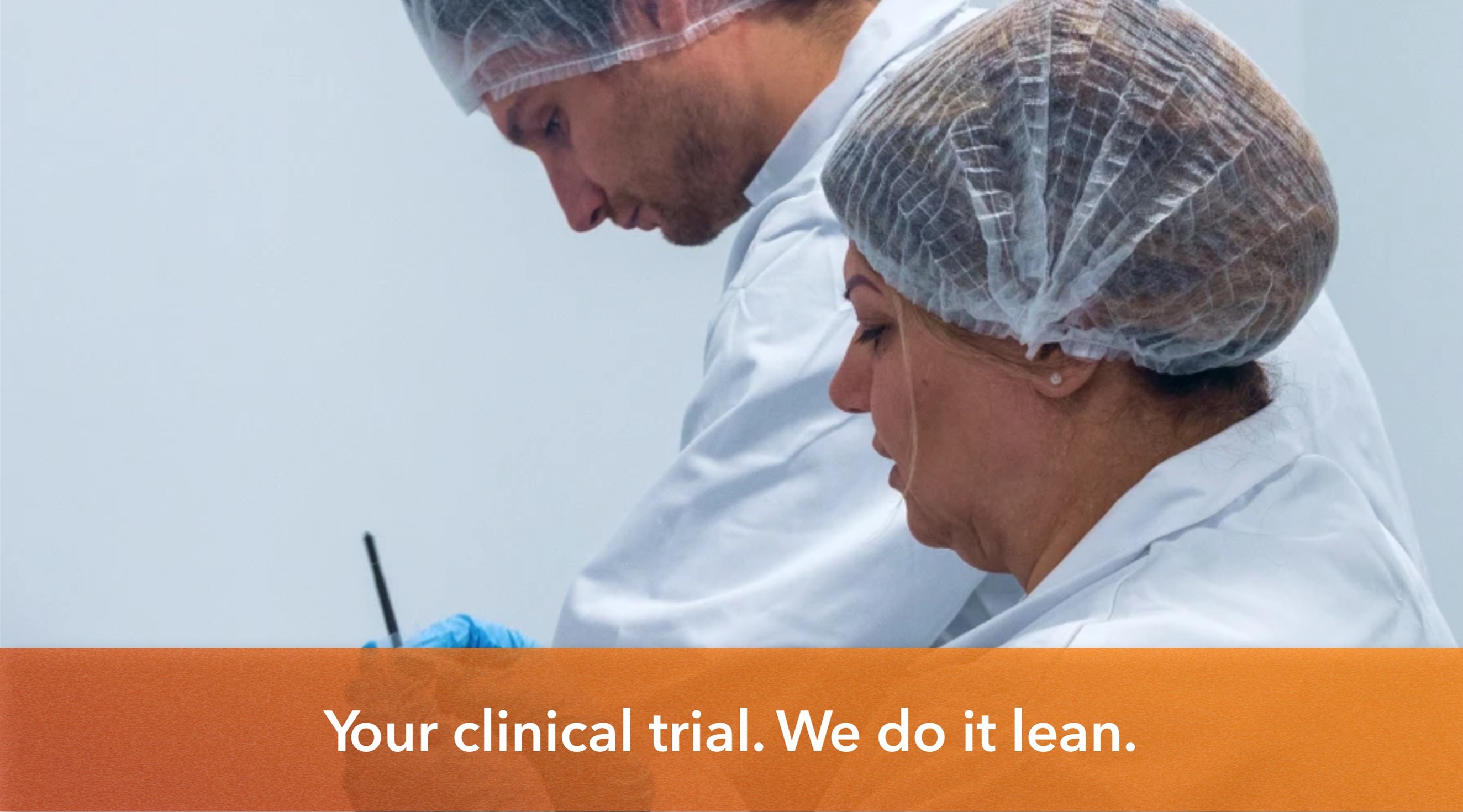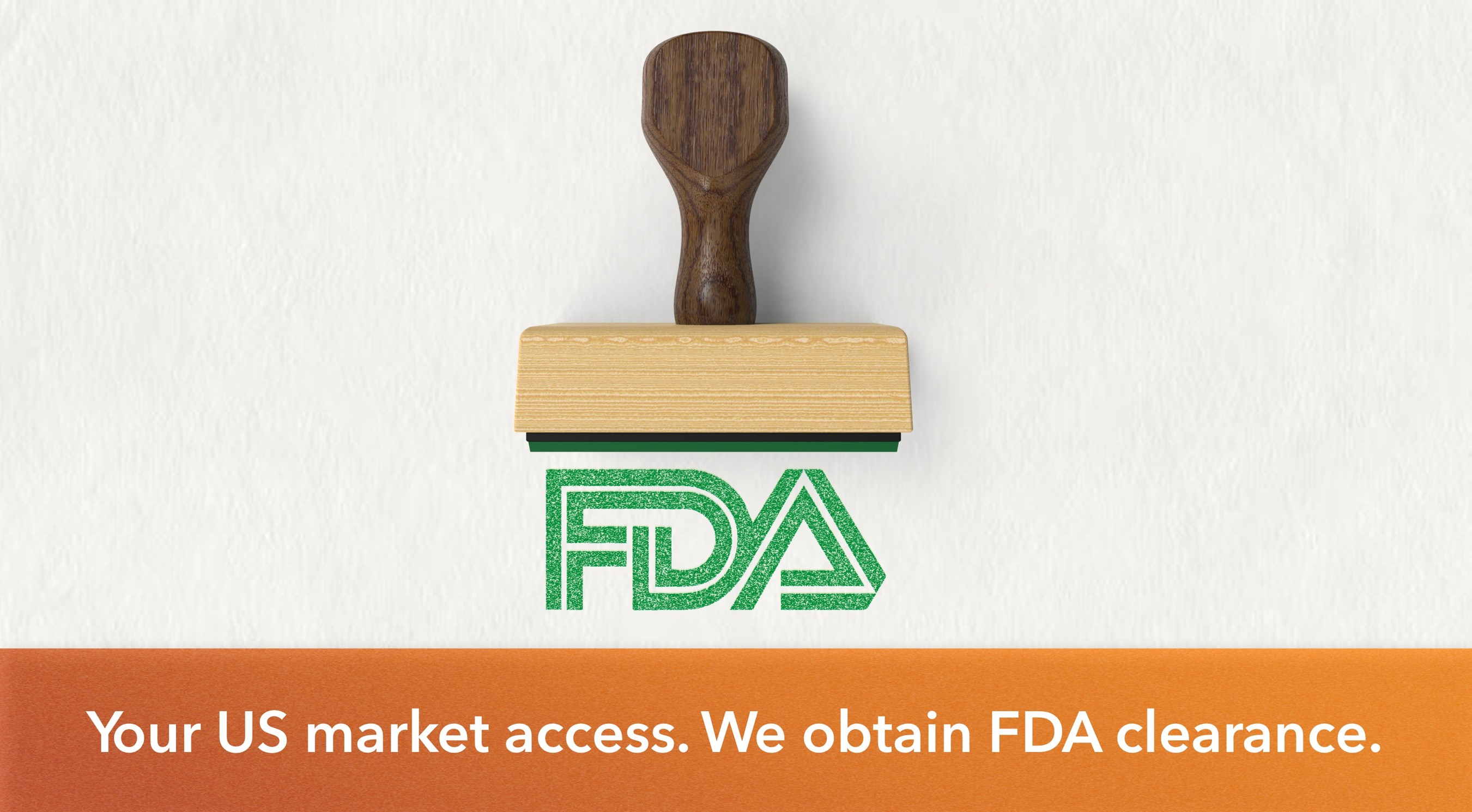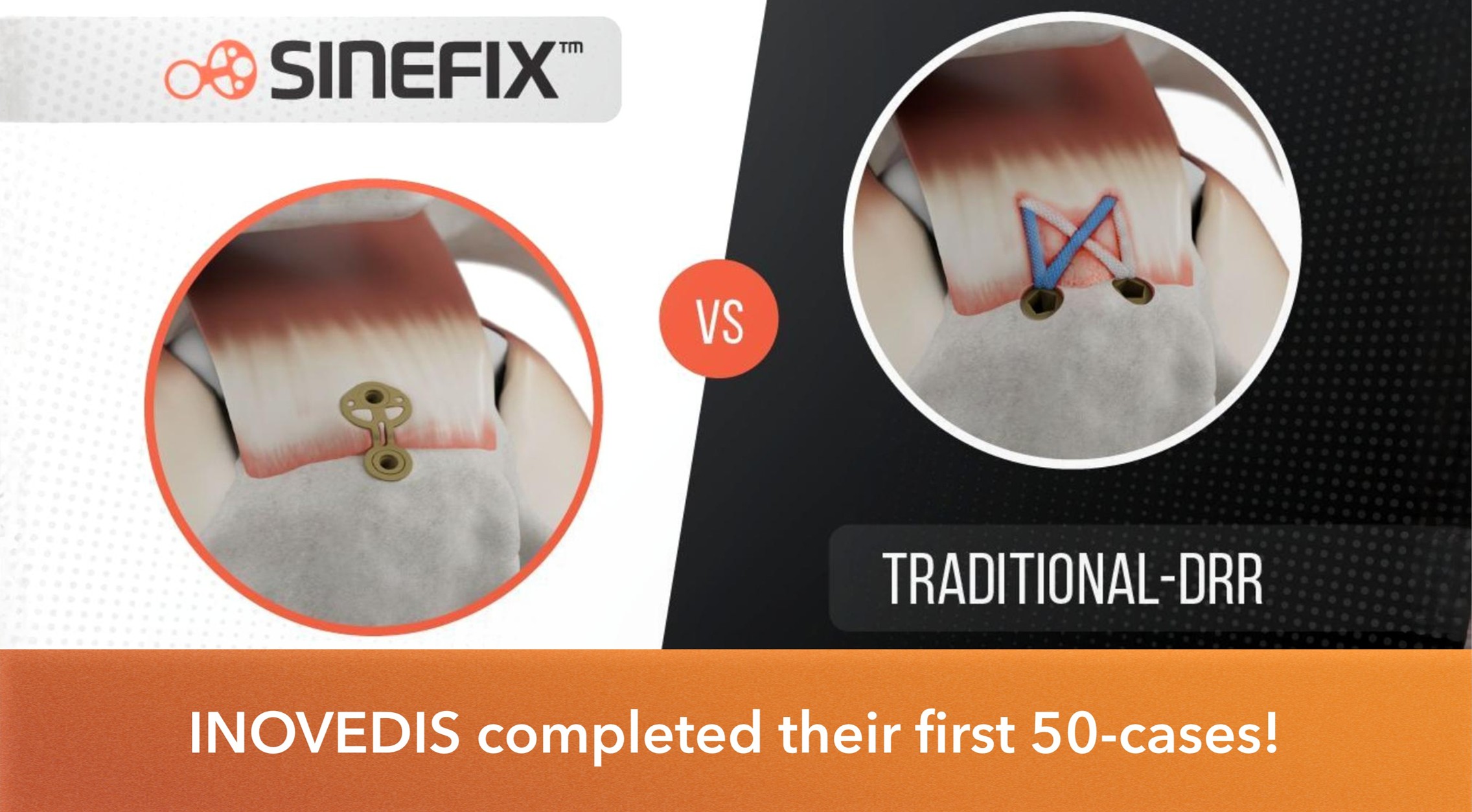Clinical Investigation; Roles & Responsibilities
In the European Union (EU), in general, medical devices must undergo a conformity assessment by a notified body. This assessment should ensure that the device is safe and performs as intended. Performance means that the device meets its intended purpose and that the benefits of using the device outweigh the potential risks associated with the device.
For implants and higher risk (Class III) devices, an important part of the conformity assessment is the evaluation of the results of a pre-market clinical investigation performed with the device.
In a previous article (“Medical Device Development and Clinical Evaluation Introductionary Whitepaper to Clinical Trials and Investigation BAAT Medical“) high level insight is provided fo the clinical investigation of medical devices and the roles of each stakeholder involved in this process. In this article we are focusing on the roles of each stakeholder and explain in more detail what each stakeholder contributes to the clinical evaluations.
Roles and responsibilities
When planning a clinical investigation, it is important to identify the stakeholders involved, which may include:
- The governmental Competent Authority (CA)
- The Ethics Committee (EC)
- The Principal Investigator (PI)
- The sponsor
- The (legal) manufacturer (LM)
- The involved hospitals
- The CRO
- The patient
- The insurance company
The Competent Authority (CA) is a national institute that is installed by the local government; for example, the IGJ is the CA in the Netherlands, and the BfArM is the German CA. The CA has to be notified before commencing a clinical investigation in the country/countries where your investigation will take place. Depending on the goal of the investigation and the associated regulatory route, however, the CA may also be involved in decision making as to whether the study is allowed to take place.
In cases where the CA is also involved in decision making, for example in pre-market clinical investigations, the CA reviews all necessary documentation to be delivered according to the regulatory route prior to the start of the clinical investigation. Thereafter, the CA must provide official approval before the investigation can start. Review of the CA focuses mainly on answering the question: Is the safety and performance of the device sufficiently warranted for application in this specific clinical investigation setting? So both device specific as well as study specific documentation will be reviewed for this purpose. Again, whether decision making by the CA is necessary, and which documentation needs to be delivered is dependent on the purpose of the clinical investigation and the associated regulatory route.
The Ethics Committee (EC) is a committee of individuals that are responsible for ensuring that clinical investigations and human subject research is carried out in an ethical manner in accordance with national and international law. The way ECs are organized may vary per country; in some countries there are ECs in each hospital, while in other ECs may be organized on a national or regional level, or per group of hospitals. Also for the ECs, the degree of involvement in approval of the investigation is dependent on the goal of the investigation and the associated regulatory route. At minimum, the EC must be notified prior to commencing a clinical investigation. When actual approval is needed, the EC will review the necessary documentation and the investigation cannot start before official approval is in. What documentation needs to be delivered is dependent on the regulatory route, but may also vary per EC involved.
The principal investigator is the clinical expert that is responsible for the preparation, conduct and administration of the clinical investigation in the elected hospital. In most cases, this individual is also the one who will execute the procedure to be investigated. The PI can also involve other professionals (sub-investigators) in study execution, but always remains ultimately responsible for the study conduct in the hospital. The PI shall be a person exercising a profession which is recognized as qualifying for the role of PI on the account of having the necessary scientific knowledge and relevant experience for the investigation to be performed. The PI overall collects all investigation related data according the protocol and allows transfer of this data to the sponsor.
The sponsor of a clinical investigation is an individual, company, institution or organization taking responsibility and liability for the initiation and overall management of a clinical investigation and arranging the financial setup. The sponsor may in his role be responsible for a broad range of activities to be performed as part of the set-up, organization, conduct and management of a clinical investigation, but may also delegate part(s) of his responsibilities to an external Contract Research Organization (CRO). However, also in such cases the sponsor remains ultimately responsible and liable for the overall management of the clinical investigation and conduct of the clinical investigation in accordance with Good Clinical Practice (GCP).
The legal manufacturer of the investigational device is responsible that the products that will be used in the investigation are developed ,validated and manufactured in line with all the MDR regulations for acceptance of the clinical investigation. In many cases the sponsor and the legal manufacturer is one entity, but this is not a requirement. The sponsor can also outsource this role to a third party.
The involved hospitals must give permission to the medical professionals within the hospital to cooperate within the investigation. Furthermore, they must check or make sure that their facilities and organization is suitable for the particular investigation and the protocol at hand, taking into account the patient safety and comfort. They have the power to not agree to the presented protocol, even if the study is approved by the CA and the EC.
The Contract Research Organization (CRO) is a company specialized in providing support in set-up and conduct of clinical research related activities. CROs may act as the bridge between the sponsor and other stakeholders involved in the clinical trial, or may be hired to take over specific parts of the clinical investigation process. In case a CRO is involved in a clinical investigation, it is up to the sponsor to delegate (contract) specific tasks to the CRO . The tasks to be delegated to the CRO may range from one or two specific tasks (such as monitoring or data analyses) to a broad range of tasks involved in initiation, planning, execution, and management of the clinical investigation. Important to note is that even in case a CRO is being contracted for most of the work related to the clinical investigation, the overall responsibility and liability of the investigation still remains with the sponsor.
The patient is of course the most important stakeholder. It is important to secure any regulations concerning patient confidentiality and patients must be made aware of the efforts and involved risks that are expected during the investigation. The patient needs to give signed informed consent before participating in the study, in which it should – amongst others – be confirmed that all necessary information concerning the study has been shared and understood, the patient has been made aware of the study procedures, all potential risks and benefits are explained and the patient has been made aware of its rights. A patient can only be included in the clinical investigation when informed consent has been obtained. Informed consent of the patient must be given voluntarily, and the patient must be able to withdraw at any time.
The insurance company will provide a special clinical trial insurance for the investigation in case the product is not CE marked. This insurance must be held by the sponsor.
How BAAT Medical can support you
BAAT Medical can help you to understand and align the various roles and stakeholders and their needs, and we can generate the required documentation for you.




